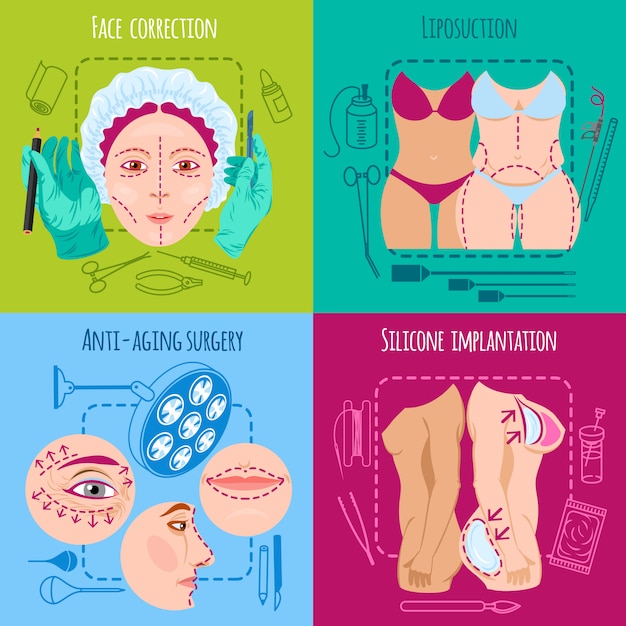
Once you’ve made the decision to have plastic surgery and found a great surgeon, you might think you’re all set for amazing results. However, an essential part of a successful recovery is actually your own responsibility. Good plastic surgeons do much to minimize risks, but they aren’t by your side during the recovery phase, so that’s where you have to step up. Ignoring post-surgery guidelines can lead to serious problems like emergency bleeding or other issues that might need urgent surgery and could permanently alter your final results.
Check Your Vitamins and Supplements
One risk with surgery is the unexpected and dangerous interaction between anesthesia or surgical drugs and any medications, vitamins, or herbal supplements you might be taking. These interactions can lead to anything from mild discomfort to severe, life-threatening situations. It’s crucial for anyone preparing for cosmetic surgery to have their surgeon approve all their medications, vitamins, and supplements at least two weeks before the operation to avoid these risks. Some patients may need to stop certain medicines before surgery. If this is you, talk to your primary care doctor to make sure stopping your regular meds won’t harm your health.
Coordinate with Your Menstrual Cycle
Even though it’s okay to have plastic surgery during your period, some people choose to plan around it. If you’re considering something like a Labiaplasty Surgery, check with your surgeon if you experience severe menstrual cramps, increased skin and breast tenderness, hormonal acne, or intense headaches. These symptoms can make recovery more uncomfortable. Discuss your cycle with your surgeon to figure out the best and most comfortable time for your operation. Keep in mind that the stress from surgery might change or delay your regular cycle.
Timing Matters
Healing from most plastic surgeries usually takes around three to six months, with scars taking even longer to mature fully. If you have concerns about your results over time, it’s wise to talk to your doctor. Your surgeon can tell you if your healing is on track. Factors such as surgical trauma, personal anatomy, infections, and swelling can affect results. If scars start to thicken, have a chat with your surgeon about it.
Don’t Smoke
Stop smoking or at least drastically cut down before surgery. Healing speed affects how visible your scar will be, and since nicotine slows healing, it causes more noticeable scarring. Usually, smokers have more visible scars after plastic surgery. Most surgeons avoid doing facial surgeries on smokers due to the higher risk of obvious scarring.
Stay Clean
Before surgery, cleanliness is key. Shower both the night before and the morning of your procedure, using antibacterial soap on your entire body. Also, wash and condition your hair during this prep time. Many women opt for easy-to-maintain hairstyles, like braids, that last several days. If your surgeon recommends special soap for skin folds or specific shampoo, make sure to use them as directed.
Remember, cosmetic surgery is a personal decision, not something to do for someone else’s satisfaction. Your body is yours to cherish. Being comfortable with your chosen surgeon is crucial and often more important than other factors. Cosmetic surgery is more about artistic skill than science, requiring teamwork between you and your doctor to achieve the desired results.